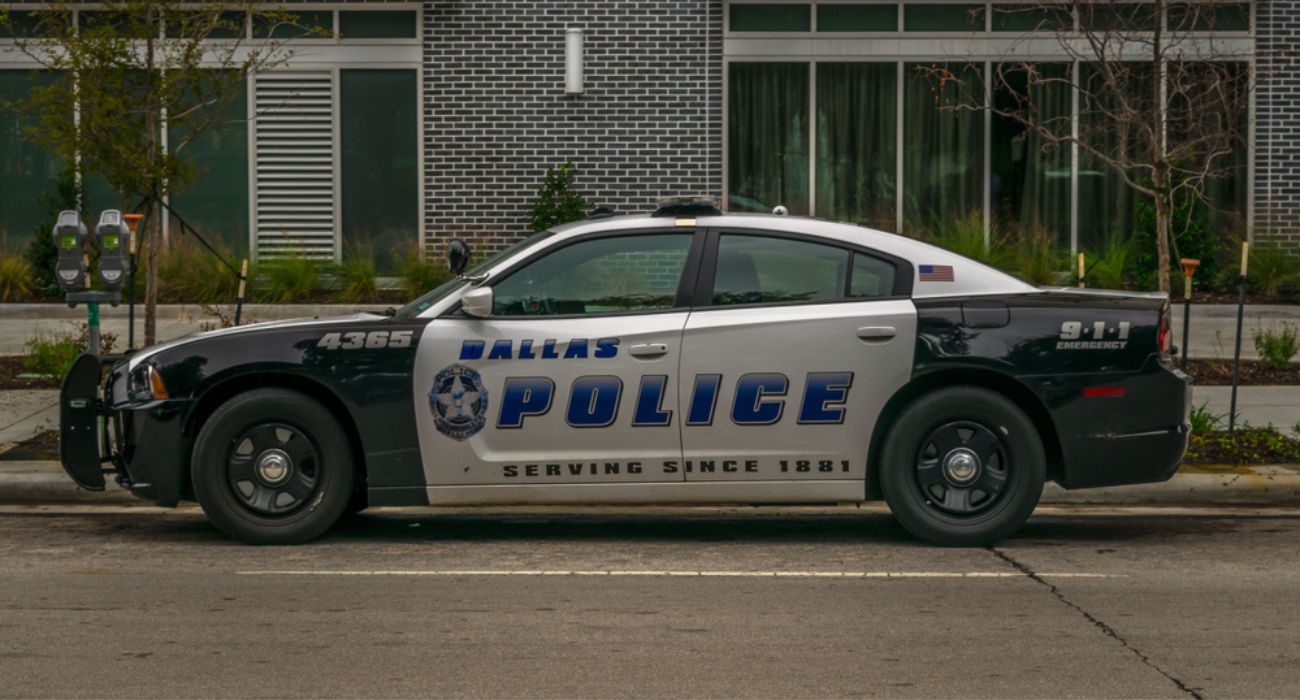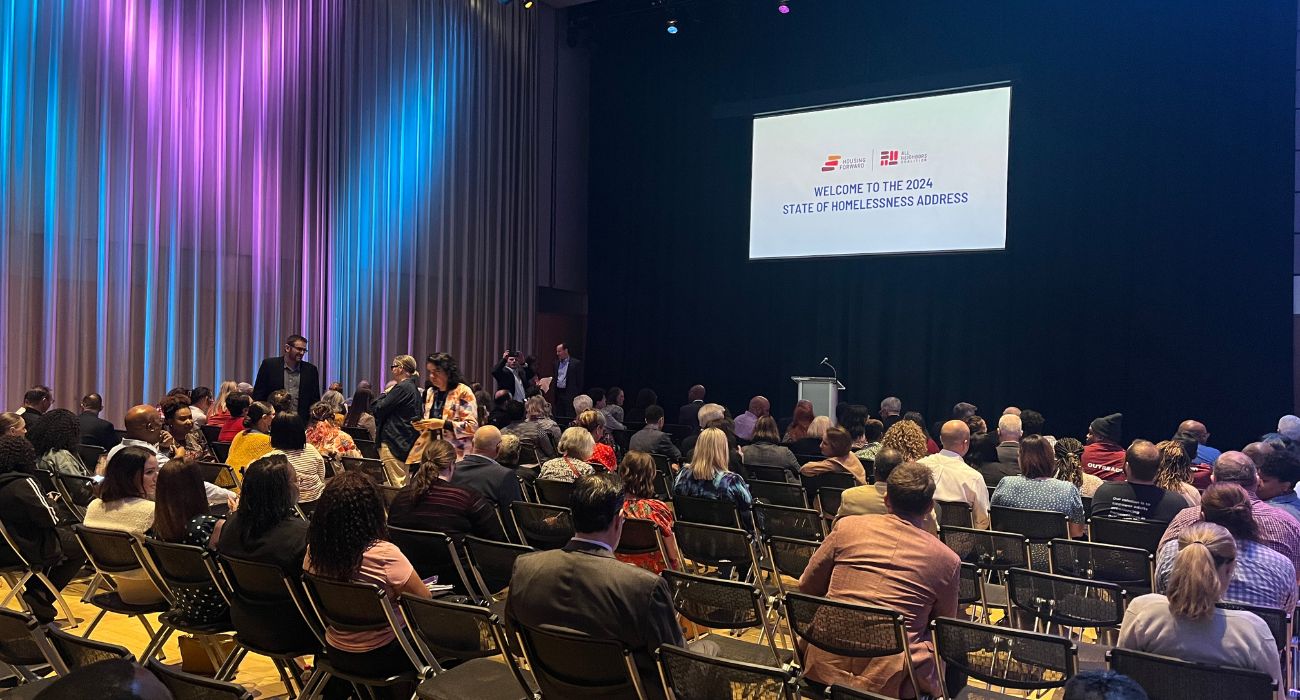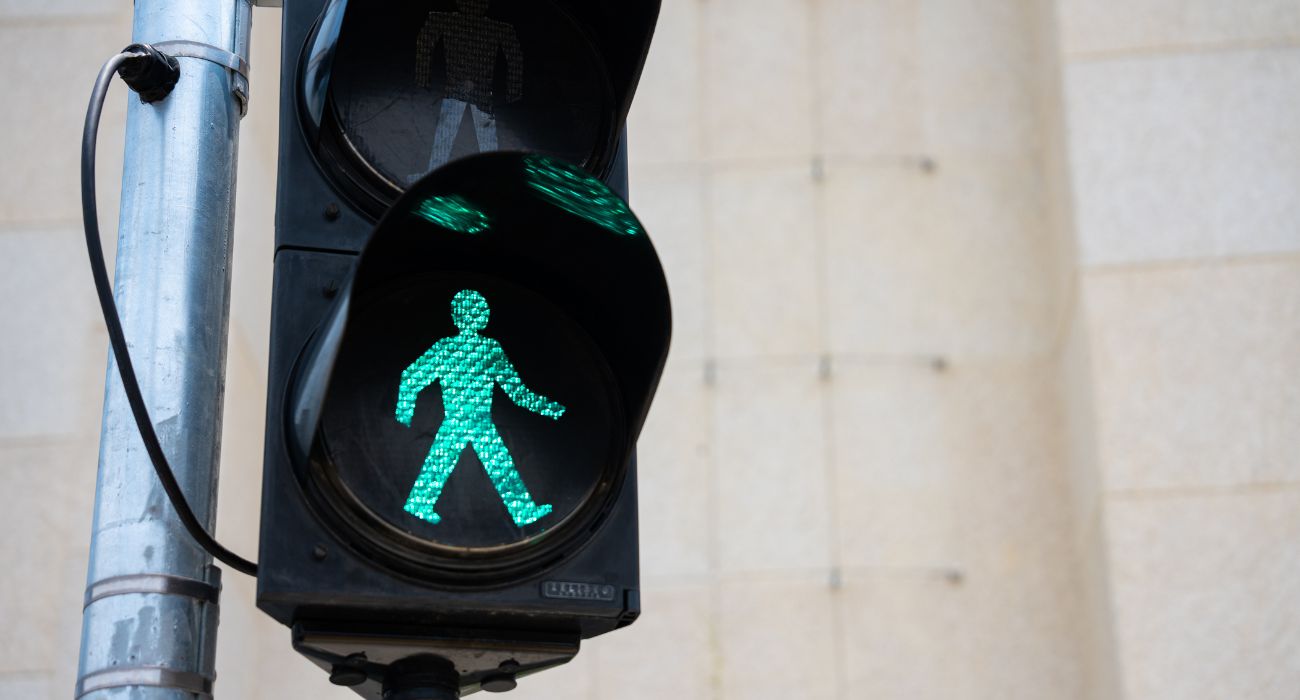Amid soaring rates of auto theft across the city, Dallas police have revealed plans to help quicken their response time when fielding initial reports from victims.
From December 18, a new approach to handling reports of auto theft will be tested out at the Dallas Police Department. Limited-duty officers — restricted for reasons such as injury or pregnancy — will make first contact with the victims via video call and fill out the necessary reports.
“With this, it’s taking about 40 minutes for the report to be taken and entered into NCIC, which is the national crime information system, which is what we put in to note that a car is reported as stolen,” explained DPD spokesperson Kristin Lowman, according to CBS Texas. “So, you’re looking at instead of a 12-, 13-, 14-hour process to something that can be down to even one to two hours.”
Approximately 33,000 hours will be saved through this method, per DPD, increasing response times while also granting active-duty officers more time to dedicate to higher-priority calls, such as those related to an active shooter or violent crime. DPD is already spread thin due to a longstanding officer shortage. It has fewer than 3,200 officers despite a City report calling for roughly 4,000 to ensure public safety.
By way of example, just a dozen officers are assigned to the Auto Theft Unit, which is expected to have logged upwards of 18,000 cases by the end of the year. As of December 14, there had been 17,891 reports of motor vehicle theft in Dallas, according to the City’s crime analytics dashboard. This is a year-over-year rise of 40.7%.
Police response times have increased across the board in recent years, skyrocketing in every category. Calls to DPD are assigned a priority designation (1-4) based on the seriousness of the issue, with P1 calls signifying serious emergencies, like an active shooter or a home burglary in progress. P4 calls are at the other end of the spectrum, representing “non-critical” incidents.
P1 calls currently take on average 11.3 minutes for DPD to respond to. The department’s goal has been for such calls to take 8 minutes before an officer is on the scene. P2 calls, however, take considerably more time to respond to, averaging 106.9 minutes when the response goal is 12 minutes and under.
P3 and P4 calls are averaging hours. It takes DPD about 531.1 minutes to respond to a P3 call and 563.5 minutes to respond to a P4. The response time goals for P3 and P4 calls are 30 minutes and 60 minutes, respectively.
The officer shortfall is most apparent in Downtown Dallas, where it leads Fort Worth’s downtown area in motor vehicle thefts, as revealed in a study by the Metroplex Civic and Business Association. In April alone, it found that 91 vehicle thefts occurred in Downtown Dallas compared with only two in Fort Worth. Fort Worth is reportedly patrolled by a dedicated police unit working alongside private security guards.
In an interview with CBS, Dallas Police Chief Eddie Garcia explained that not only is DPD’s focus predominantly on fighting violent crime, but auto vehicle theft is notoriously difficult to solve. His department clocked a 4.5% clearance rate last year, meaning few car thieves are ever caught. Nonetheless, approximately 75% of victims eventually get their vehicles back, according to Garcia.
DPD revealed its new plans to cut the processing time for stolen motor vehicles to City officials in a memo.
“This is a genius idea,” remarked Council Member Cara Mendelsohn, who chairs the public safety committee, according to CBS. “I love the innovative way you’re approaching this.”






